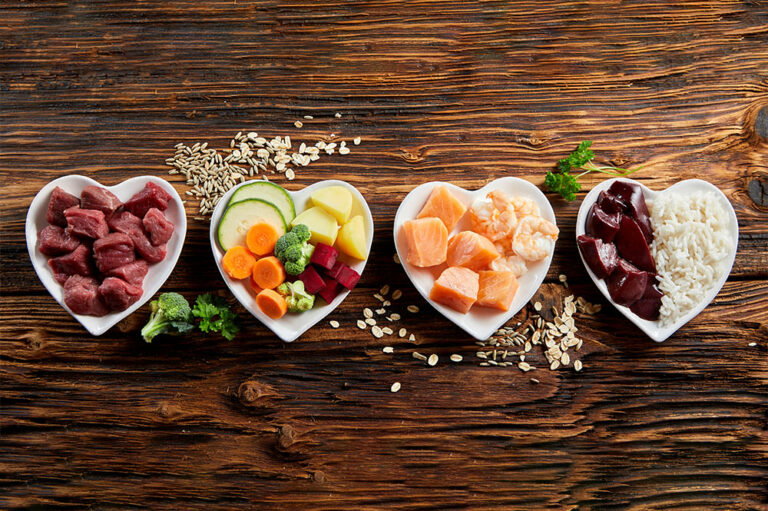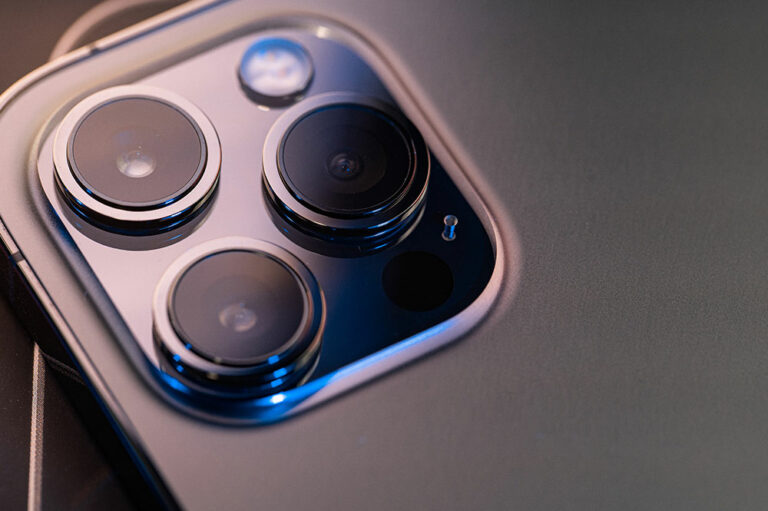The menstrual cycle is an important aspect of the reproductive system. This is when the body undergoes changes periodically and prepares for the possibility of a pregnancy. Before or during periods, an individual may feel bloated, have mood swings, and even experience cramps. These signs can make it difficult to function in day-to-day life. These five foods can help to tackle the pain that is caused due to muscle cramps and spasms during periods.
Bananas
Bananas are a great fruit for menstrual cramps. They are not only easily available but also affordable, which makes them a great choice for everyone. They contain tons of fibers that promote bowel movements and reduce constipation, making the person feel less bloated. It also contains magnesium which has been known to help reduce the severity of menstrual cramps.
Lemons
Lemons contain Vitamin C that helps the body to absorb iron from foods and allows it to go into your bloodstream and other organs and tissues. During a period, individuals tend to lose a lot of red blood cells compared to what the body can produce. This means having some lemons can help boost the absorption of iron. Lemons also contain fibers that can prevent muscle spasms resulting from period pain.
Water
Water is essential for the overall health of the body. But staying hydrated can also go a long way in tackling period pain. Studies have found that those who drink more water during their periods tackled pain better and reported less severe cramps. Water can also be flavored with herbs, spices, and fruits to get nutrients.
Watermelons
Watermelons are delicious fruits and make for a great snack. If you’re not too keen on eating a watermelon, you can pop some pieces into the blender and work on making a delicious smoothie. What makes watermelons such a great food for periods is their high amounts of water content. This helps to hydrate the body while also providing the body with natural sugars that can help to alleviate cramps.
Broccoli
Broccoli is one of the best foods to help tackle menstrual cramps and period pain. It contains fibers and iron, which help reduce the severity of pain.
If an individual is experiencing too much pain or heavy bleeding during periods, the doctors may suggest testing for different conditions. In some cases, they may also need an endometrial biopsy. This process can be painful, and doctors may prescribe pain relief for endometrial biopsies.
Healthcare experts may also prescribe treatments to manage heavy menstrual bleeding (menorrhagia). One of the best options for heavy periods is Mirena, a hormonal IUD. It reduces menorrhagia by releasing a type of progestin known as levonorgestrel. The process helps thin the uterine lining, which reduces cramping and menstrual blood flow. However, one should consult a healthcare expert about the side effects of using an IUD before using it.



